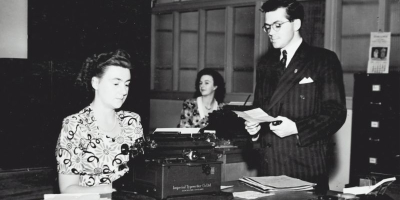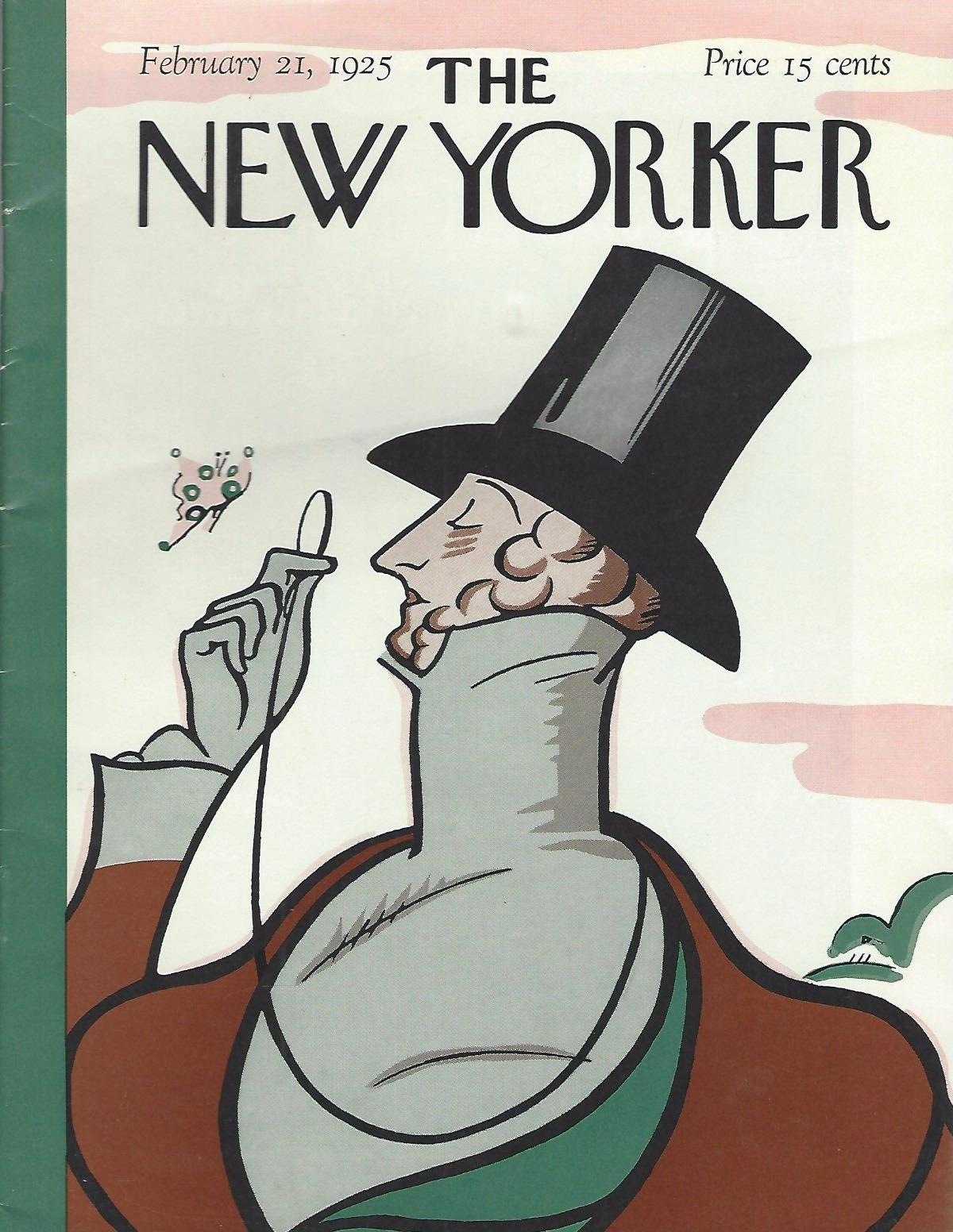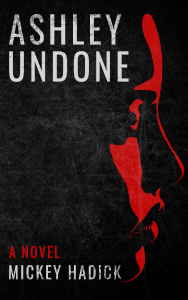I’ve been at this writing business quite a while, stretching back to typewriters, carbon copies, and self-addressed stamped envelopes for the return of manuscripts. I subscribed to about a dozen literary journals, and spent every evening reading, or writing, or both. I’d send my stories out with a kiss and a wish that maybe, just maybe, this would be the one to get published.
To be a writer just starting out back then was like being Waldo in a ginormous Where’s Waldo drawing, surrounded by hundreds of thousands of other hopeful writers trying to get the attention of the tens of thousands of people who might help your career. Bright-red striped-shirt and matching hat notwithstanding, it wasn’t easy to know where you were in the publishing business.
It was fun. Once I figured out all the formatting, I enjoyed producing the manuscripts, bundling them up in an appropriate envelope, and sending them out. There’s hope in submission, not unlike buying a scratch-off lottery ticket, and thinking this will be the story that changes my life.
I’ve always been a sucker for technology—a degree in computer engineering really helps me with that—and one of the first big purchases I made was a luggable Tandy computer back in 1986. I hate to call it a laptop, especially because it ran MS-DOS and only had a five inch high screen. I wrote a couple dozen stories on that, backing them up carefully with the dual 3.5” floppy drives.
My printer of choice was a Sears typewriter that doubled as a printer. You plugged the cable from the DOS computer into the typewriter, fed in paper one sheet at a time, and let it fly. It used a daisy-wheel print head so the text was clear and sharp, remarkably better than dot-matrix printing. It was kind of an ASMR thing to sit and watch the letters appear with the rhythmic striking of the characters against the ribbon at about a minute a page.
It was all slow and somewhat tedious, but what else did I have to do? I wanted to be a writer.

For five years I worked at those short stories, building a collection of rejections. The majority of rejections were form letters, ranging from a full page explaining the publication’s principles and standards—and often explaining why I should purchase a subscription—to a 1”x1” square, hand cut with scissors, stating simply, “Sorry but we can’t use your work at this time. Thanks, The Editors.”
In the minority were the rejections with hand-written apologies, encouragement, or notes for the story. For instance,
- Argonaut: “Not bad but we are only looking for SF”
- The Paris Review: “Pretty chilling…Good luck with it elsewhere”
- Snake Nation Press: “Story received favorable comments…looking forward to more of your work”
I’d sent a story to Snake Nation Press the year before the mention above, and they wrote a note on my cover letter that said, “Sorry we can’t use this, but you have carved out a niche of interest thanks to your cover letter.” I had basically explained how I was a computer engineer writing short stories about nothing, and the cover letter was more interesting than the story.
Among my highlighted rejections was the editor of Stories, which was my absolute dream publication, who wrote me specific notes on my submission. Sadly, they went out of publication before I could incorporate those notes and re-submit.

Another favorite was from Witness, a journal out of Farmington Hills, Michigan, not too far from where I had my second nose job. They said, “SORRY, BUT WITNESS IS GOING OUT OF PUBLICATION”
I love that they used the comma after sorry. Even in the final stages of existence, punctuation matters.

As a longtime subscriber to The New Yorker, and enamored with their humor pieces, I had also started submitting humor to them. The New Yorker was, and still is, a premiere publisher if only because of their pay rates, which are far above most other magazines in the country. I sent a half a dozen short humor pieces to them and received a form letter rejection four to six months later each time, and then I stopped when, at last, the rejection had a handwritten note which said, “Humor pieces are supposed to be funny.”
Sheesh. Is everybody a critic?
Despite the harsh rebuke, I’d received some encouragement over the years: a third place finish in the Whiskey Island fiction contest; honorable mention from a The Missouri Review story contest; and a feature script made the quarterfinals in a screenplay competition. So I kept going.
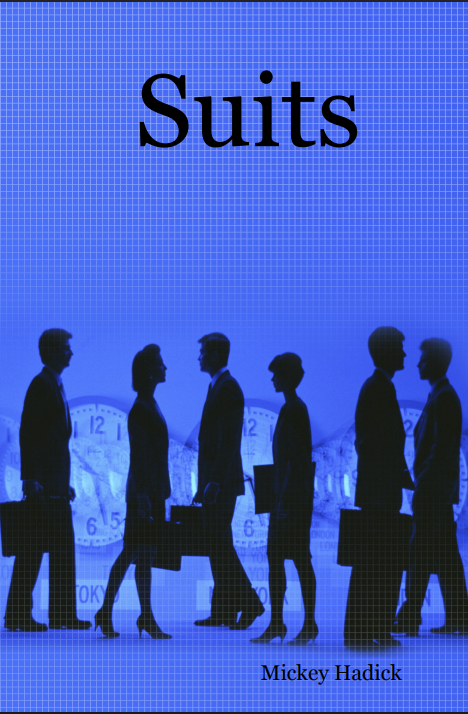
Still, at the time, I thought it was a good sign. That story needs a rewrite, as it hasn’t aged well, and I’m not certain all the commas are in the right place. I definitely didn’t know how to use curly-quotes back then, and I won’t abide a book being published with straight quotes.
It’s just unsightly.
Which brings us to today, a quarter century after that first novel, and me racing against time to get stories out before I lose my edge. (Of course, if I have lost my edge, would I know it?) I’ve spent the better part of my life writing and telling stories, and that’s been a riot.
Ashley Undone, my intimate, family-life thriller is FREE today and tomorrow on Amazon. I’m hoping to get it out there and get some reviews, so please take a look now.
Meanwhile, at My Writing Desk…
I’m so close to finishing revisions of my next novel I can taste it, which is a little metallic but also sweet. Once I send it out to beta readers, I’ll be back to working on the second installment of the HIVE series.
Maybe You’d Like
I’ve joined with authors for a promotional giveaway of fantasy and sci-fi. Go check out the Thankful for the Woo-niverse Giveaway
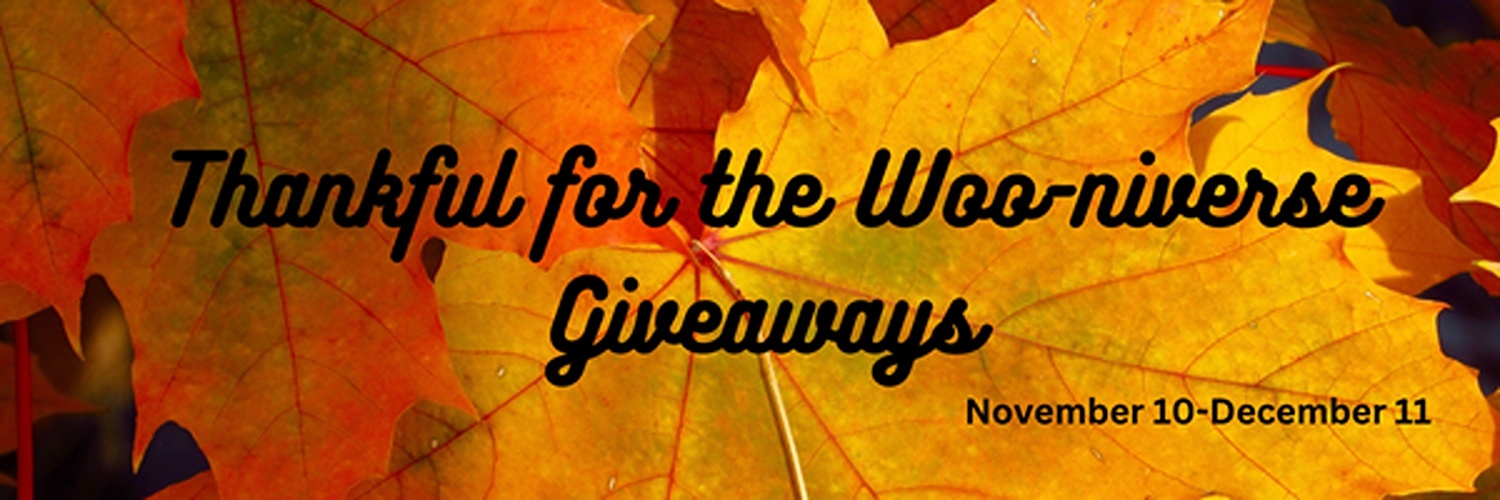
https://storyoriginapp.com/to/mS4vz5Z
Next Picayune
Have a Happy Thanksgiving and be safe. Thanks for reading the Mickey Picayune.
All the best,
Mickey
—mickey

